What Students Say
Likes
- Reasonable fee structure compared to private institutions.
- Facilities include a library, basic health services, sports areas, and internet-equipped labs.
- The faculty members are generally well-qualified, with expertise in diverse fields of law.
Dislikes
- Placement opportunities for law students could be improved with more campus recruitment drives.
- Extracurricular activities like moot court competitions and seminars could be more frequent.
- Students occasionally report delays in administrative processes like fee refunds, scholarship disbursement, or result publication.
Course Curriculum Overview
The B.A. LL.B. curriculum at Assam University combines law with social sciences, offering a comprehensive approach. Core subjects like Constitutional Law and Criminal Law, paired with practical experiences such as moot courts and internships, ensure students are well-prepared for real-world legal challenges. Electives provide opportunities for specialization in later years. However, the curriculum could be improved by incorporating modern topics like AI in Law and Cybersecurity, as well as skill-based courses such as negotiation and arbitration. Additionally, greater access to legal databases would benefit students. Exams include two assessments per semester—internals and end-semester exams—along with projects and viva, making the evaluation process moderate to challenging. Overall, the curriculum effectively prepares students for legal careers but could be enhanced by integrating more contemporary subjects and teaching methods.
Placement Experience
Placements at Assam University Assam University's placement cell began functioning in 2022 and has since facilitated placements for B.A. LL.B. students in law firms and companies. Eligibility for Campus Placements: - Students become eligible for campus placements starting from the 5th semester, once they have completed the required academic qualifications and internship experiences. Placement Details: - Companies Visited: Law firms and companies regularly participate in the placement process, although specific company names aren't mentioned. - Number of Offers: Approximately 3-4 students get placed each year. - Average and Highest Packages: - Average Package: ?3-4 lakh annually. - Highest Package: Around ?4 lakh. - Percentage of Placements: Around 20-30% of students are successfully placed in law firms or companies. Plans After Graduation: - My Plan: After completing the course, I plan to either join a law firm or pursue further studies (such as an LLM) to specialize in a specific area of law, enhancing my employability. Overall, while placements have started to show promising results, they are still in the early stages of growth.
Fees and Financial Aid
The fee structure at Assam University has shown a slight decrease over the years. In the first year (2022-23), the total fee paid was ?15,690, covering tuition fees, development fees, library fees, medical charges, and other compulsory charges. In the second year (2023-24), the fee decreased slightly, though the exact amount is not specified. By the third year (2024-25), during the 5th semester, the total annual fee was ?13,920, with a detailed breakdown that included ?1,500 for the University Development Fund, ?500 for the library fee, ?2,000 for transportation, ?100 for sports, ?200 for basic health services, ?320 for medical insurance, ?300 for the Students Co-curricular Fund, ?300 for the Students Aid Fund, ?100 for the alumni fee, ?100 for the magazine fee, ?100 for the computer lab and internet fee, ?6,000 for the annual course fee, and ?2,400 for tuition fees. The fee structure has been gradually decreasing, possibly due to reduced development fees or fewer additional charges as students progress in their course. For financial assistance, the university offers scholarships such as the National Scholarship Program, which supports meritorious and economically weaker students, and the Student Credit Card Scheme, which provides financial aid for higher education. Additionally, students from SC/ST/OBC categories may be eligible for state or central government scholarships. Applications for these scholarships can be made through the university or relevant government portals.
Campus Life
Campus life at Assam University is vibrant and enriching, offering a wide range of social, cultural, and extracurricular activities that contribute to a well-rounded experience. The university hosts several annual festivals, including Law Fest, which celebrates law-related activities, Tech Fest, showcasing innovations and technical competitions, and Bengali Fest and Assamese Fest, which highlight the cultural heritage of these regions. These festivals foster a sense of community and creativity, engaging students in both intellectual and cultural pursuits. The university's library is well-equipped with a diverse range of books, journals, and legal resources, though access to online databases and advanced legal resources could be improved. Classrooms are equipped with modern technological facilities, such as projectors and internet access, to support interactive learning. Additionally, computer labs and internet facilities are available for research and academic work. Sports and extracurricular activities play a vital role on campus, with facilities for both indoor and outdoor games like cricket, football, and badminton. The university encourages student participation in debates, cultural performances, and moot court competitions, providing ample opportunities for personal growth and skill development. Student-run clubs and social groups, including cultural, academic, and sports clubs, are highly active on campus. These groups organize various events, fostering leadership, creativity, and collaboration among students. The student portals also serve as a platform for communication and coordination of activities, further enhancing student engagement. Overall, Assam University provides a dynamic and supportive environment, combining academic rigor with opportunities for cultural and personal development, making it a great place to study and grow.
Hostel Facilities
The hostel at Assam University provides basic amenities. Rooms come with a bed, table, chair, and cupboard. There is also shelving for extra space. Each room has a fan and light. Wi-Fi is available, though the speed can be slow. Cleaning is done by staff, but students must keep their rooms tidy. Meals are simple but can be repetitive. The menu includes rice, chapati, dal, curry, and snacks. Some students prefer food from outside. To get a room, students must fill out an application and submit documents. Rooms are given on a first-come, first-serve basis. Freshers and those needing long-term stay get priority. It’s better to apply early to get a spot. For rented rooms or PGs near the campus, the cost is between ?5,000 and ?12,000, depending on the area and services. The campus is surrounded by tea gardens, and safe rented rooms and PGs are available nearby. The area has shops, eateries, and clubs. The city has malls and other shops, but rent is higher near the city compared to areas near the campus.
Admission
I applied to several colleges, including BHU, NEHU, and the Central University of Kashmir, and received admission to both NEHU and the Central University of Kashmir, alongside Assam University. I ultimately chose Assam University for several reasons. First, its B.A. LL.B. curriculum aligns well with Bar Council of India (BCI) standards, offering a strong balance of theoretical knowledge and practical exposure through moot courts and internships, which is crucial for a legal career. Second, Assam University provides a more vibrant campus life with better extracurricular opportunities compared to NEHU and the Central University of Kashmir. The university's location in Silchar also offers a peaceful and focused environment for study. In contrast, NEHU offered fewer practical legal education opportunities and limited extracurricular exposure, while the Central University of Kashmir, being a newer institution, had developing infrastructure for its law programs. I was also rejected by BHU due to my marks being just below the cutoff. The admission process at Assam University is straightforward, with eligibility set at 50% in 10+2 for general category students (45% for reserved categories), and selection is based on the CUET (Central University Entrance Test), followed by counseling for seat allocation. Ultimately, I chose Assam University for its academic rigor, practical legal training, vibrant campus life, and the smooth admission process, making it the best fit for my goals.
Faculty
The faculty at Assam University offers a favorable faculty-to-student ratio of approximately 1:20 to 1:30, ensuring that students receive personalized attention. Dr. Amitabh Singh is one of the notable faculty members, recognized for his in-depth knowledge and engaging teaching style, which makes learning more interactive. The course structure is well-balanced, incorporating core law subjects along with electives, and practical components like moot courts and internships that provide real-world legal experience. Exams are of moderate difficulty, comprising internal tests, end-semester exams, projects, and viva-voce assessments. Grading is based on a 10-point scale, with a passing mark around 40-50%. Overall, the curriculum is designed to be practical and relevant, effectively preparing students for careers in the legal profession.
Night Life
Nightlife Around Assam University The nightlife around Assam University is relatively calm, but students find plenty of ways to unwind after a day of classes. The campus itself closes at 10 PM, and after that, students need special permission from the competent authority to re-enter. The hostel timings typically follow the same curfew, so students generally return by night or arrange permissions for late entries. For students who want to relax after classes, the campus area has many tea gardens where they can hang out and have a chat with friends. In the nearby city, there are various malls, shops, and clubs that cater to students looking for entertainment or a night out. These spots offer a mix of shopping, dining, and socializing options, especially for those who enjoy exploring local culture and nightlife. The campus is well-secured with guards stationed at various locations, and there is a police station dedicated to university security, making the area safe for students to


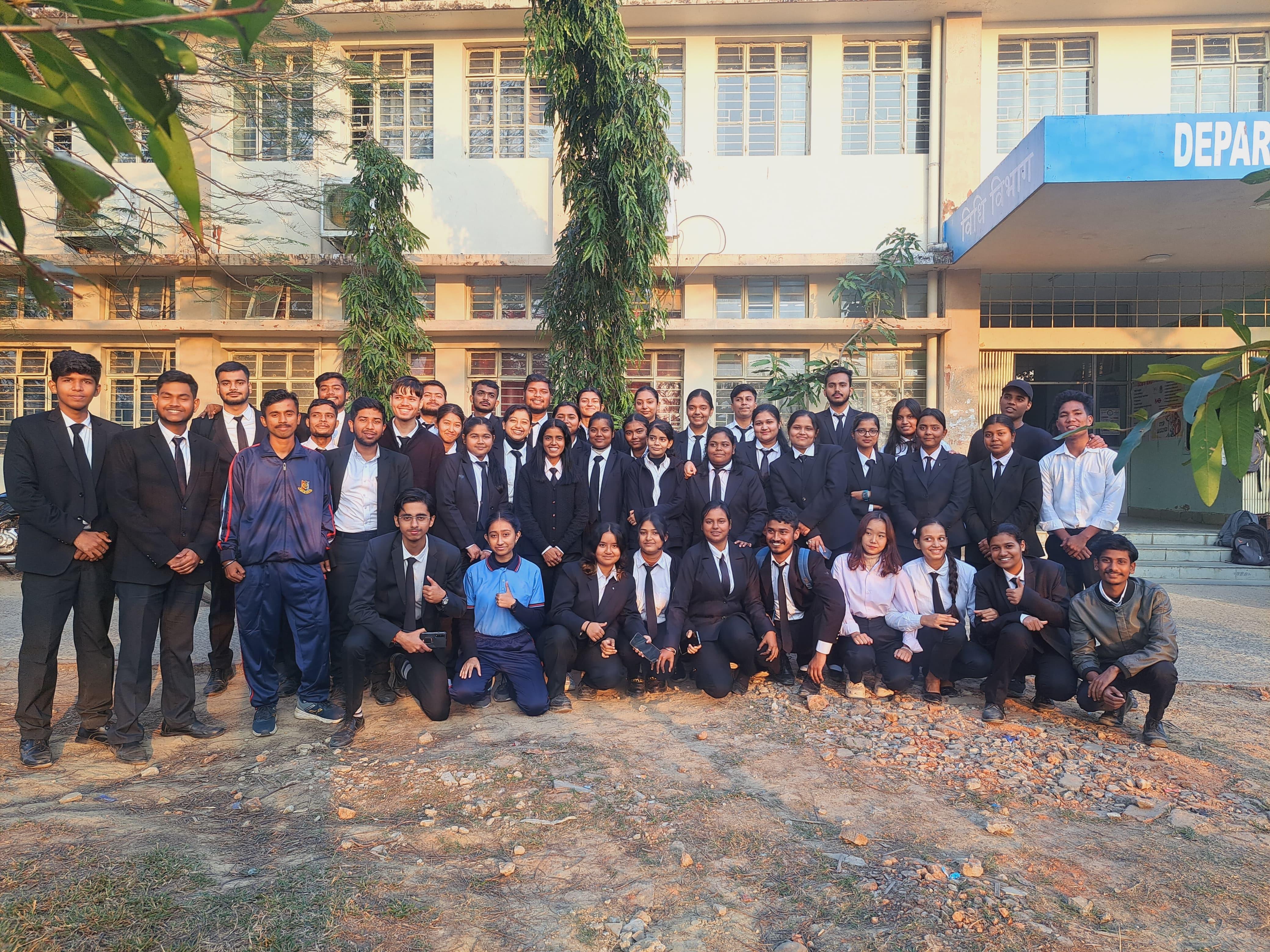
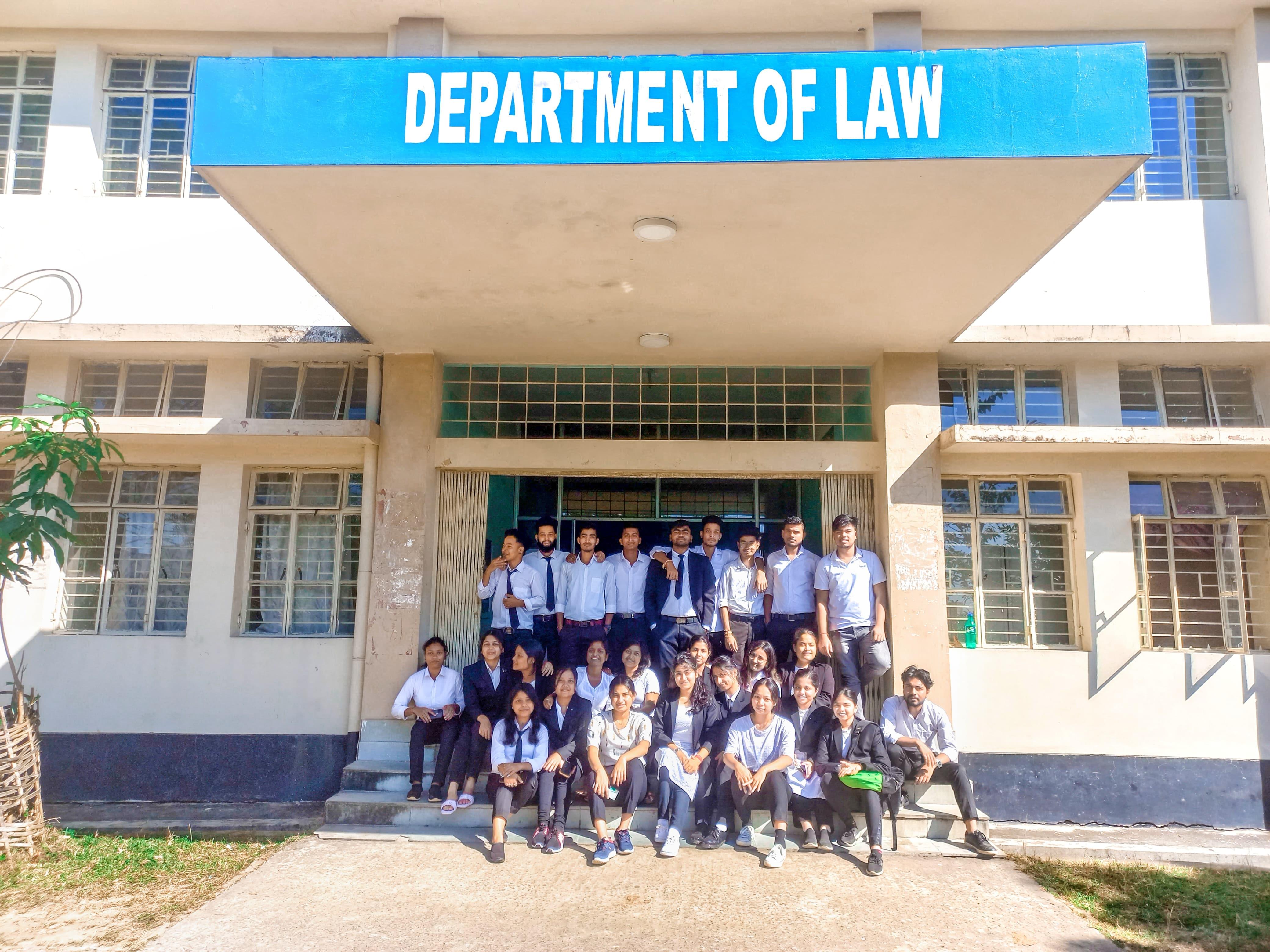
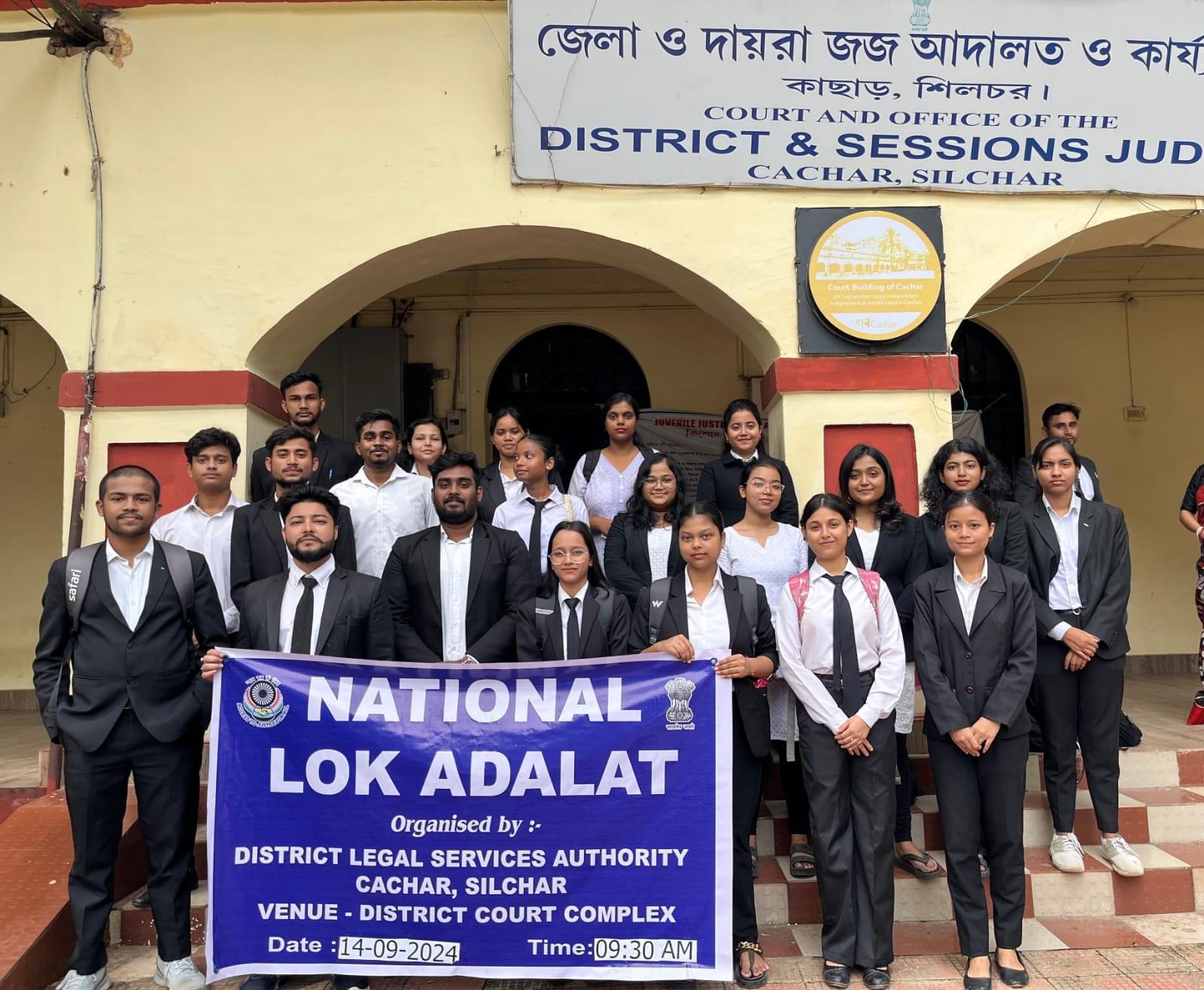
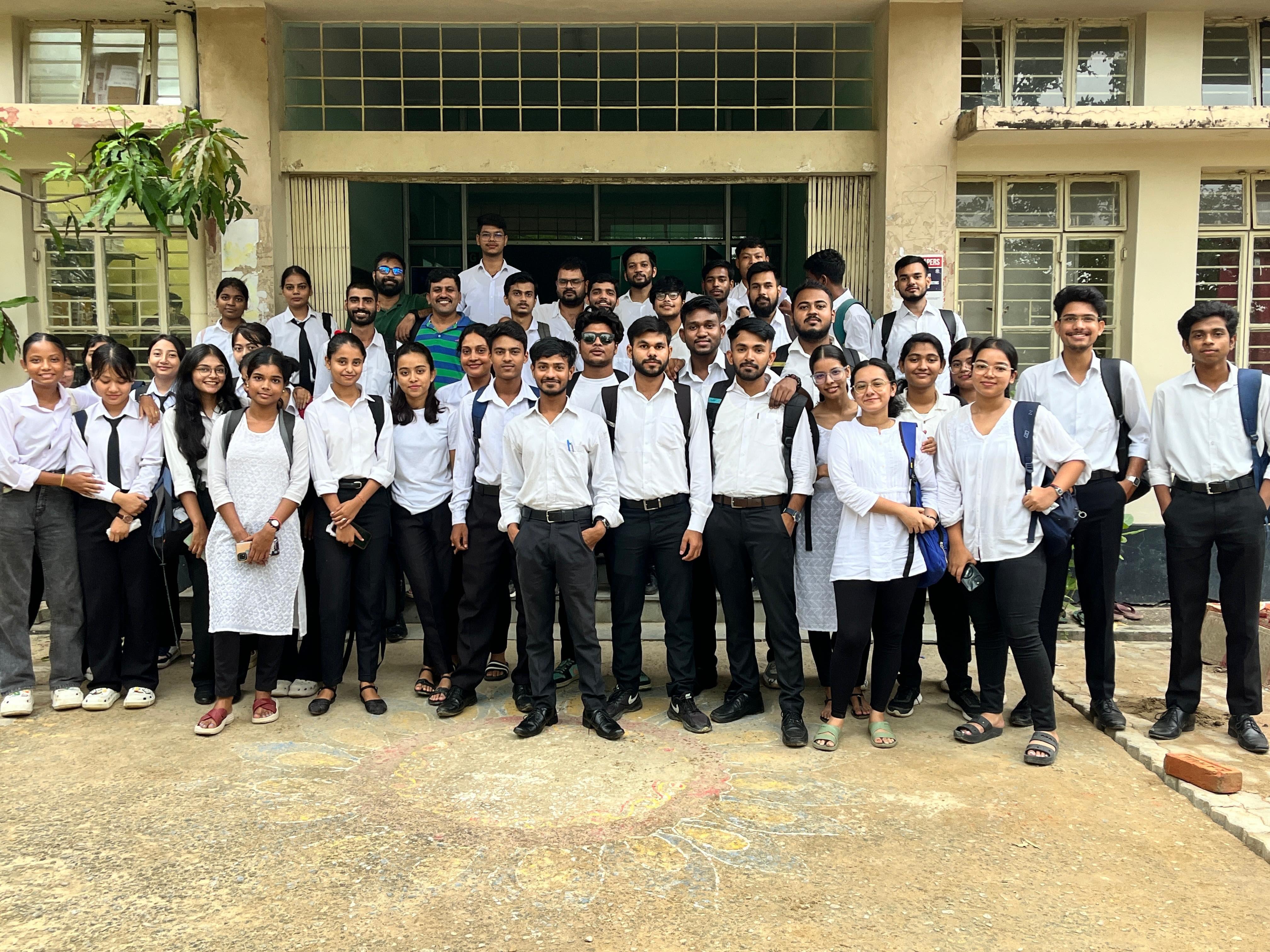
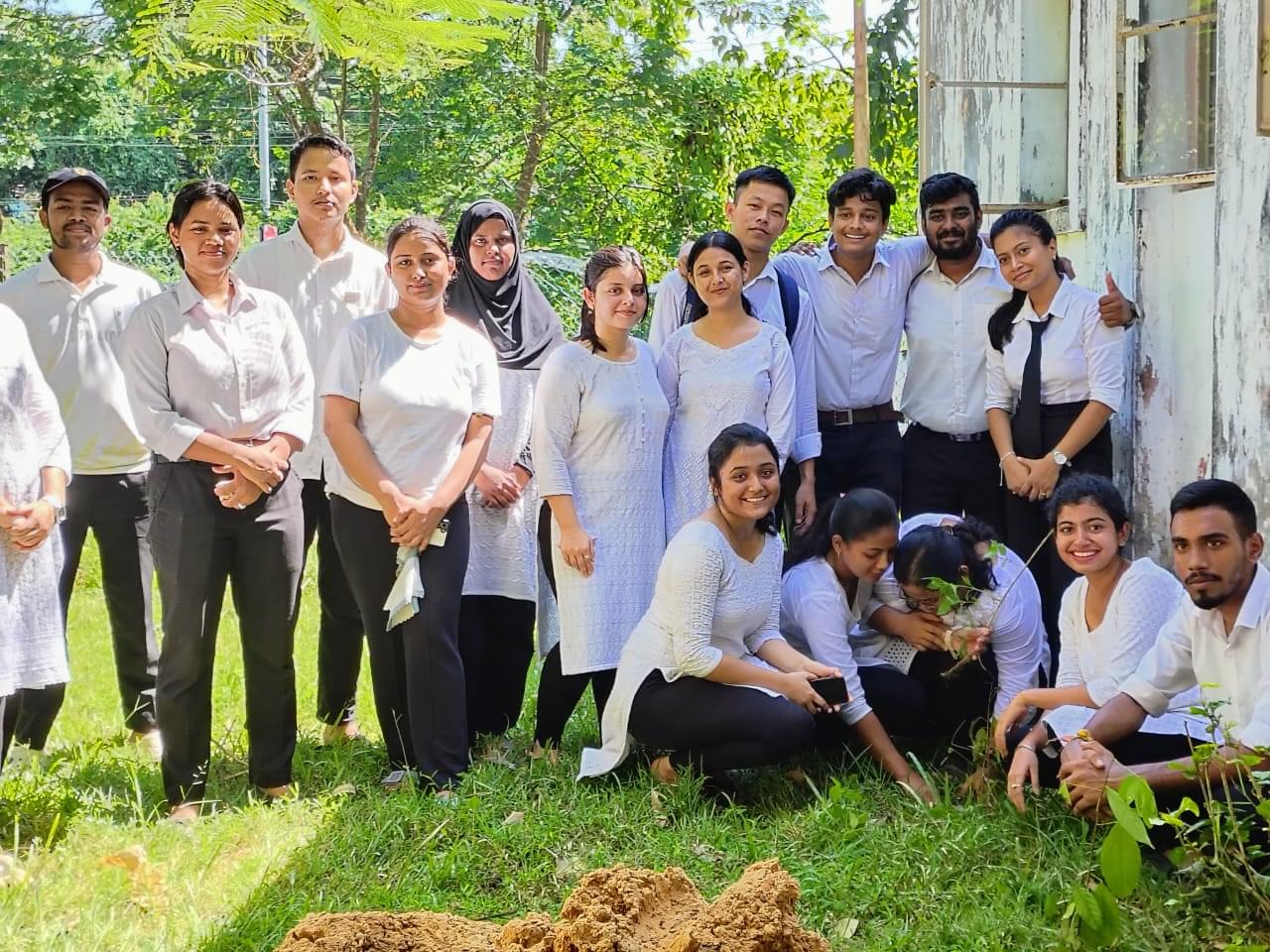
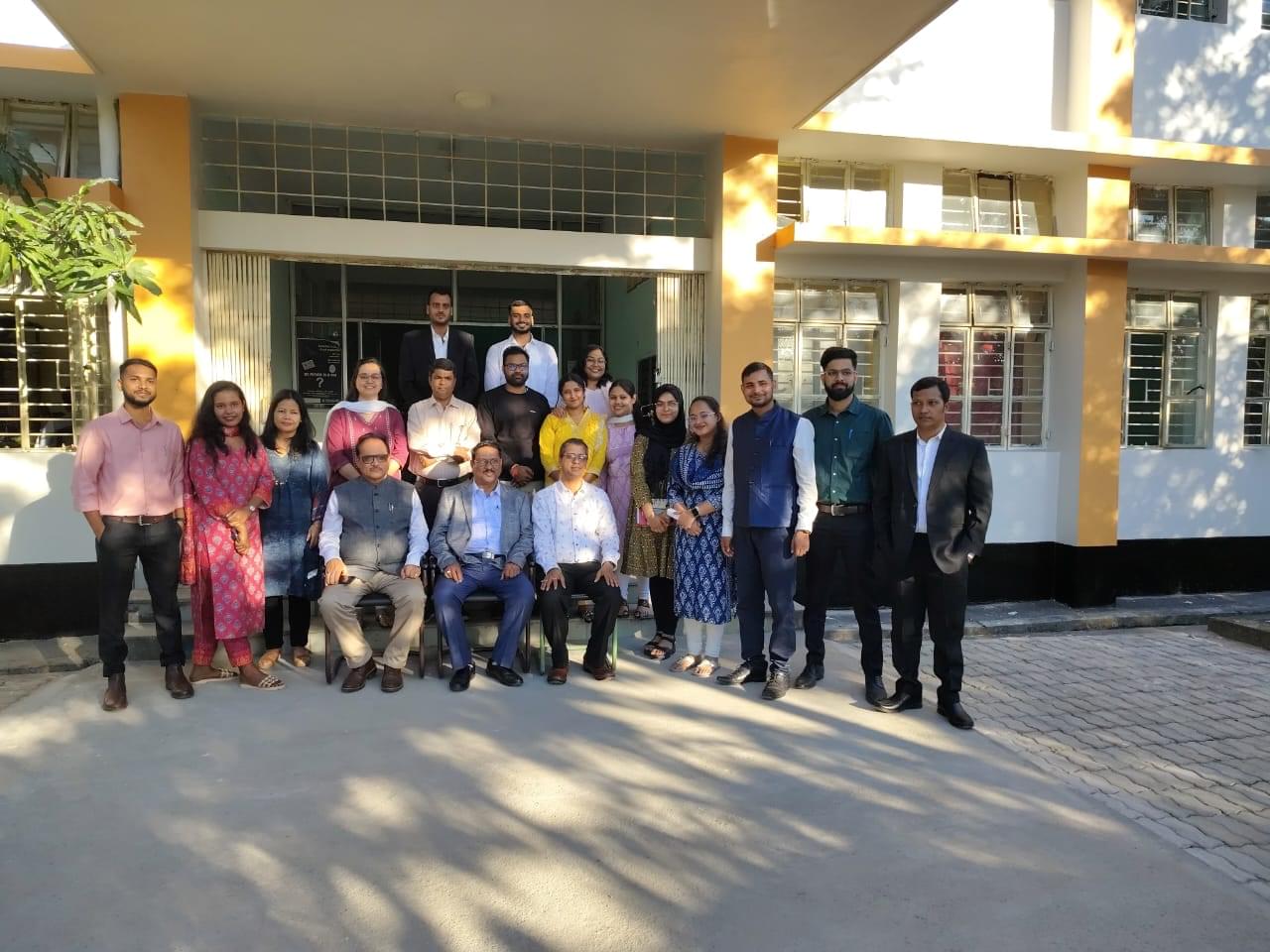

![Assam Don Bosco University - [ADBU]](https://image-static.collegedunia.com/public/college_data/images/logos/1685714174logo.png?h=72&w=72&mode=stretch)
![North Eastern Regional Institute of Science and Technology - [NERIST]](https://image-static.collegedunia.com/public/college_data/images/logos/col29642.png?h=72&w=72&mode=stretch)
![Mizoram University - [MZU]](https://image-static.collegedunia.com/public/college_data/images/logos/1421384852Capture.png?h=72&w=72&mode=stretch)
![Gauhati University - [GU]](https://image-static.collegedunia.com/public/college_data/images/logos/1394864857Gauhati University.png?h=72&w=72&mode=stretch)
![Tezpur University - [TU]](https://image-static.collegedunia.com/public/college_data/images/logos/uv25401.jpg?h=72&w=72&mode=stretch)

![North-Eastern Hill University - [NEHU]](https://image-static.collegedunia.com/public/college_data/images/logos/1463133442North-Eastern-Hill-University-Shillong.jpg?h=72&w=72&mode=stretch)
![Assam down town University - [ADTU]](https://image-static.collegedunia.com/public/college_data/images/logos/1714548748adtunewlogo.png?h=72&w=72&mode=stretch)
![Kaziranga University - [KU]](https://image-static.collegedunia.com/public/college_data/images/logos/1740973002download7.jpeg?h=72&w=72&mode=stretch)

Comments